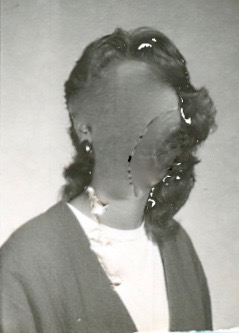Twenty-five years ago, it was meat. A year and a half ago, alcohol. Television in various forms has come and gone, mostly replaced by mindless internet surfing and streaming with the occasional DVD tossed in the mix. My daily newspaper, the routine of unfolding and refolding, of following the lede, has been usurped by links, clicks, and refreshes. And two days ago, I deactivated Facebook with little fanfare. This break is unlikely to last, but I’ve been surprised at the ease of leaving, the statuses left unsaid, the photos not uploaded, the thumbs left in neutral position.
I didn’t post the Halloween pictures or compose an appropriate caption. I didn’t check in on the exes or follow the plight of the galgos or surround myself with news of fire and the death of democracy. I miss some folks, but I also don’t know what I am missing.
What would it be like, an unconnected life? This would be written by hand in a journal kept by my bedside. My calls would be touchtone, extra charge for long distance. Vines would overtake fields of screens, soon to be further obscured by fall’s shedding and turned to shards through the forces of ice and thaw. In this fantasy, the broken Earth calms her nerves and gets her groove back. The seasons return. The feeling of national and global doom fades away, and I take out a piece of paper and start a letter.
There is so much more to shed. Giving and taking advice. Life hacks. Tips for smarter living. Shortcuts to equilibrium. The idea that anything could or should be perfected. The delusion that all of this will last forever and that what crumbles will not emerge again in a different, glorious form.




